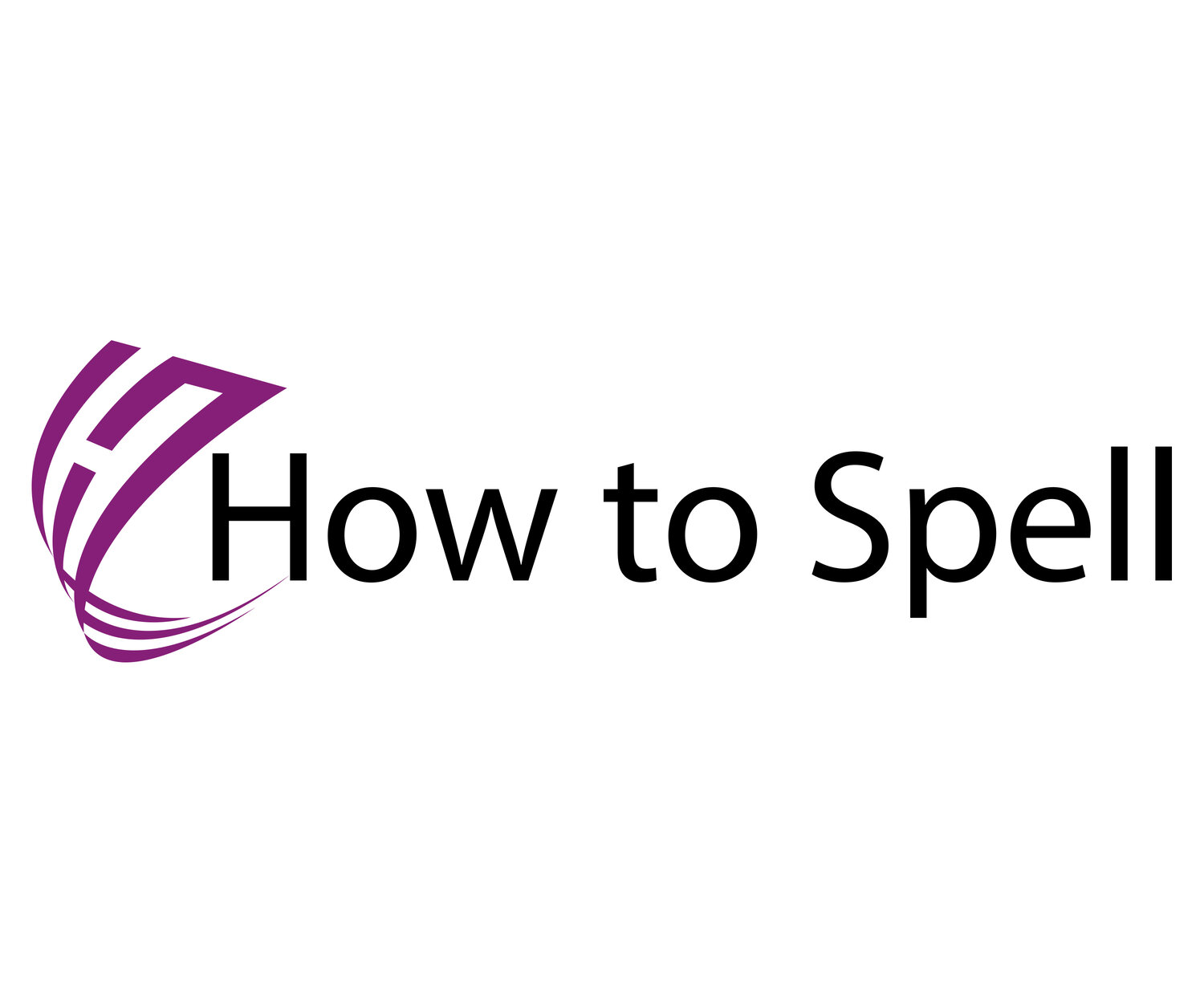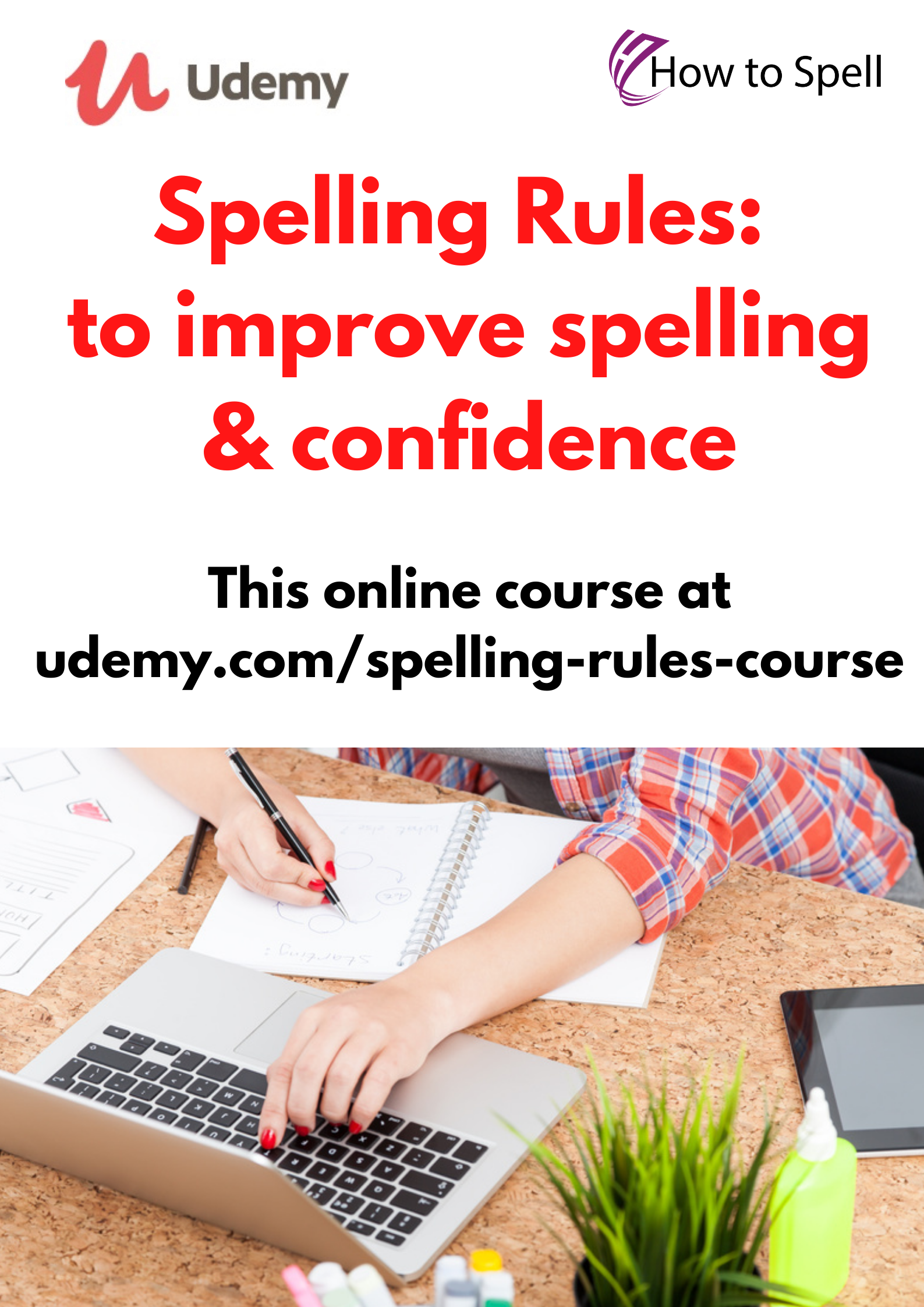Magic 'e' Silent 'e'
Read these pair of words out loud: at — ate, us — use, hat — hate, tap — tape, at — ate, mat — mate, sit — site, cap — cape, at — ate, quit — quite, win — wine, hug — huge, envelop — envelope, breath — breathe
> Did you notice the pronunciation of the vowel sound in the second word with the ‘e’ was longer?
When we add an 'e' to the end of a lot of words, especially short vowel sound words, it changes the sound and meaning. It makes the vowel sound long and say its alphabet name: a = “ay," e = “ee," i = “eye," o = “oh," u = “you"
This 'e' is magic! It changes the sound and meaning of words but remains silent.
The magic 'e' silent 'e' is called a marker. That means it doesn't represent a sound but tells us the sounds of the other letters in the word.
It also makes the hard 'g' “guh” sound into a soft ‘g’ “juh” sound, as in hug — huge, rag — rage, wag — wage, stag — stage.
Look at these long vowel sound words: age, alone, date, life, volume, those, twice, marmalade.
Notice the pattern: vowel + consonant + silent e = long vowel sound: age, alone, date, life, volume, those, twice, marmalade
When you add ‘e’ to an end -th, it makes the -the more voiced and the vowel a long vowel sound: breath — breathe, cloth — clothe, bath — bathe, and also loathe, lathe, writhe, seethe, soothe.
(I used to get breath and breathe; and bath and bathe mixed up and didn’t realise the difference until I learnt about the magic ‘e’)
Just one little silent 'e' changes the sound and meaning of a word! That's why it's so important to be careful about adding, or forgetting, the 'e' at the end of words.
We have some exceptions: love, glove, give, above, oven, cover, have, to live, come, some have short vowel sounds. Why?
Because the scholars didn’t like words ending in -v so added an end ‘e’. But these exceptions have exceptions. There’s a long vowel sound in gave, save, clove, live, live wire, alive.
Come and some were originally spelt cuman and sum (the ‘u’ became an ‘o’ because medieval handwriting was hard to read with u and m together). They eventually changed to the modern spelling.
For more information about this, check out my Reasons Why English Spelling is so Weird and Wonderful ebook).
Listen to the pronunciation of the short and long vowel sounds. Press the player below.
short vowel sound vs. magic ‘e’ long vowel sound
at — ate
hat — hate
mat — mate
mad — made
scrap — scrape
pet — Pete
bit — bit
rid — ride
strip — stripe
slim — slime
pin — pine
quit — quite
sit — site
on — one
hop — hope
slop — slope
cop — cope
tap — tape
cap — cape
breath — breathe
cub — cube
tub — tube
us — use
hug — huge
rag — rage
wag — wage
Spelling test idea - you can press the player above and write what you hear. After, check your spellings carefully.
There’s also another spelling test below.
Check your spelling carefully letter by letter.
Think about the mistakes and how you can remember the spelling next time.
Answers to the spelling test
1. I quit my job because it was quite stressful, now my life is quiet.
2. I give my children a huge hug every evening.
3. I'm writing to tell you my tap is leaking and wrapped in tape.
4. I'm mad with myself because I made a mistake.
5. I hope you'll hop on the bus one day and come and see me soon, we'll have a bite to eat and a bit of my apple pie.
6. I sit and work on this website every evening, I hope you use it.
7. I ate at a really interesting restaurant on Wednesday.
8. When I spin round my spine hurts.
9. My life is quite quiet now I live by the sea.
10. It wasn't a mistake to protest about our wages because they gave us a pay rise.
11. The volume button isn't working.
12. Please take a deep breath - breathe in slowly and breathe out.
“Don’t get stressed if you forget a spelling. Just because you learn something or see a word spelt once, it doesn’t mean you’ll remember it. You have to keep working on the spelling to commit it to your long-term memory. ”
If you want to a more in-depth spelling course with new video lessons, exercises, spelling tests, private notebook and Q & A then try my Spelling Rules Course.

